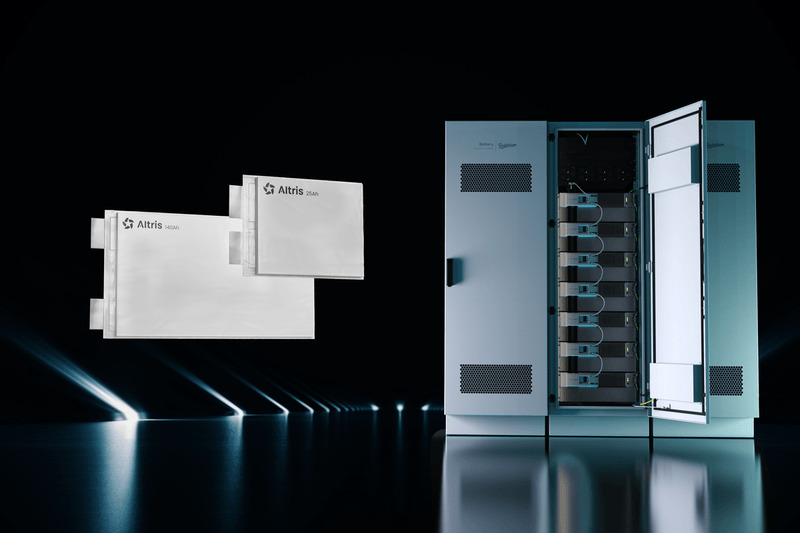
Europe-based sodium-ion battery technology firms Tiamat and Altris have secured a total of €29 million (US$31.5 million) in new funding, from a fundraise round and the Swedish state respectively.
The concurrent announcements come amidst sodium-ion being increasingly touted as the next battery chemistry to begin to compete at scale with lithium-ion, for adoption in both the electric vehicle (EV) and energy storage system (ESS) markets.
Enjoy 12 months of exclusive analysis
- Regular insight and analysis of the industry’s biggest developments
- In-depth interviews with the industry’s leading figures
- Annual digital subscription to the PV Tech Power journal
- Discounts on Solar Media’s portfolio of events, in-person and virtual
Tiamat Technologies has raised €22 million in a fundraising round with participation from specialty materials manufacturer Arkema, missiles company MBDA and Stellantis Ventures, part of the automotive OEM formed through the merger of Chrysler and PSA Group.
Tiamat is a spinoff from the French state research institution CNRS (Centre National de la Recherche Scientifique) and has developed a proprietary sodium-ion battery technology. The firm is aiming to build a gigafactory with an initial production capacity of 700MWh in 2025 rising to 5GWh later.
Meanwhile, Sweden-based Altris has received 77 million SEK (€6.8 million/US$7.3 million) in grant funding from the state-led Swedish Energy Agency to build a pilot plant to produce sodium-ion battery cells. The funding is within the Industrial Leap (a Swedish programme) and NextGenerationEU (an EU programme).
Altris recently announced – in partnership with Northvolt – a ‘breakthrough’ in energy density for sodium-ion, reaching 160Wh/Kg which it said made it viable for the ESS market. The figure is at the lower end of what lithium-ion batteries can do.
Price reporting agency (PRA) fastmarkets recently wrote a guest blog on the potential of sodium-ion (and solid state batteries) amidst a supply crunch for lithium-ion while three European developers, when asked for major technology trends to look out for, all cited sodium-ion gaining ground in the market (Premium access).
A big attraction for sodium-ion is the more relative abundance of its critical materials needed compared to lithium-ion. However, it still needs time to become cost-competitive with the industry incumbent.
Market intelligence firm CRU Group recently wrote that sodium-ion will become a viable, cheaper alternative to lithium-ion for ESS and smaller or two-wheeled EVs, since its energy density is not expected to compete with the best lithium-ion can offer.
“Current costs are high, but an unprecedented rate of industrialisation is expected to dramatically drive these costs down in the medium term,” battery cost analyst Aaron Wade wrote.
Energy-Storage.news’ publisher Solar Media will host the 9th annual Energy Storage Summit EU in London, 20-21 February 2024. This year it is moving to a larger venue, bringing together Europe’s leading investors, policymakers, developers, utilities, energy buyers and service providers all in one place. Visit the official site for more info.






